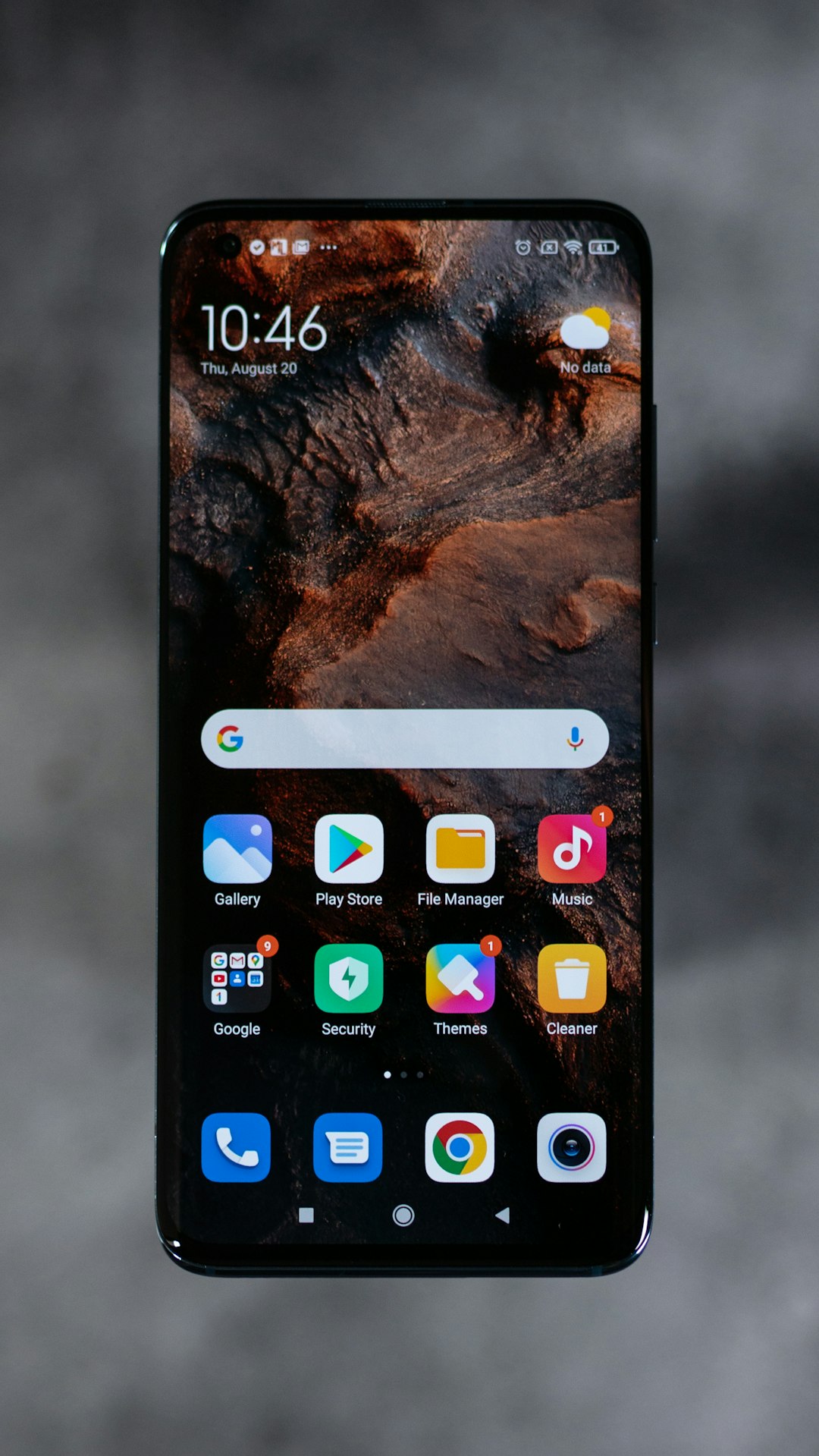Spam calls, or robocalls, are a growing problem in North Carolina, often used for marketing or fraud, posing risks including identity theft. Residents are advised to be cautious and consult a lawyer for spam call North Carolina if they suspect illegal activity. NC's economy and population make it a target for scammers using advanced techniques. Victims can protect themselves by understanding legal rights and options, with lawyers aiding in navigating the system and pursuing justice under state laws like TCPA.
In North Carolina, the proliferation of spam calls has become a significant concern, with thousands of residents facing unwanted and often fraudulent telephone communications daily. This issue intersects dangerously with identity theft, as personal information divulged during these calls can be exploited for financial gain. This article explores the growing trend of identity theft in NC, the impact of spam calls on victims, and available legal recourse, emphasizing the importance of seeking a lawyer for spam call North Carolina to protect one’s rights.
Understanding Spam Calls and Their Impact in NC

Spam calls, often referred to as robocalls, have become a ubiquitous and irritating phenomenon in North Carolina, much like across the nation. These automated phone calls, typically delivered en masse, carry various forms of marketing messages or, more concerning, fraudulent schemes. The impact of spam calls in NC extends beyond mere annoyance; they significantly contribute to the rising tide of identity theft cases.
Identity thieves frequently use spam calls as a vector for their illicit activities. By making unsolicited phone calls, scammers target potential victims, gathering personal information through deceptive practices. A simple click on a suspicious link or revealing intimate details during a call can lead to severe consequences, including financial loss and compromised identities. Therefore, it’s crucial for North Carolina residents to be vigilant and consider seeking legal counsel from a seasoned lawyer for spam call NC if they suspect any fraudulent activity.
The Rising Trend of Identity Theft in North Carolina

In recent years, North Carolina has witnessed a disturbing surge in identity theft cases, which have become increasingly sophisticated and pervasive. This growing crime is closely linked to the rise in spam calls plaguing residents across the state. With just a few clicks or a false sense of trust, scammers can steal personal information, leading to severe financial and legal repercussions for victims.
North Carolina’s attractive economy and diverse population make it an enticing target for identity thieves. As technology advances, so do the tactics employed by these criminals. A simple spam call, often disguised as a legitimate business or government agency, can open doors to a world of fraud. Many residents, unaware of the potential risks, fall victim, leading them to seek legal counsel from experienced lawyer for spam call North Carolina to combat this emerging threat.
Legal Recourse for Victims of Spam and Identity Theft

If you’ve been a victim of spam calls and subsequent identity theft in North Carolina, it’s crucial to understand your legal rights and options. While it can be frustrating and stressful, there are steps you can take to protect yourself and seek compensation. Hiring a lawyer specialized in handling spam call cases is a significant step in this process. They can help you navigate the legal system and pursue justice against the culprits responsible for these deceptive practices.
In North Carolina, there are laws in place to combat spam calls and identity theft, such as the Telephone Consumer Protection Act (TCPA) and state-specific regulations. A qualified lawyer will be well-versed in these laws and can advise you on the best course of action. This may involve filing a lawsuit against the spammers, seeking damages for emotional distress, or even requesting court orders to stop future harassment. Taking proactive measures is essential to mitigate potential financial losses and protect your personal information.






